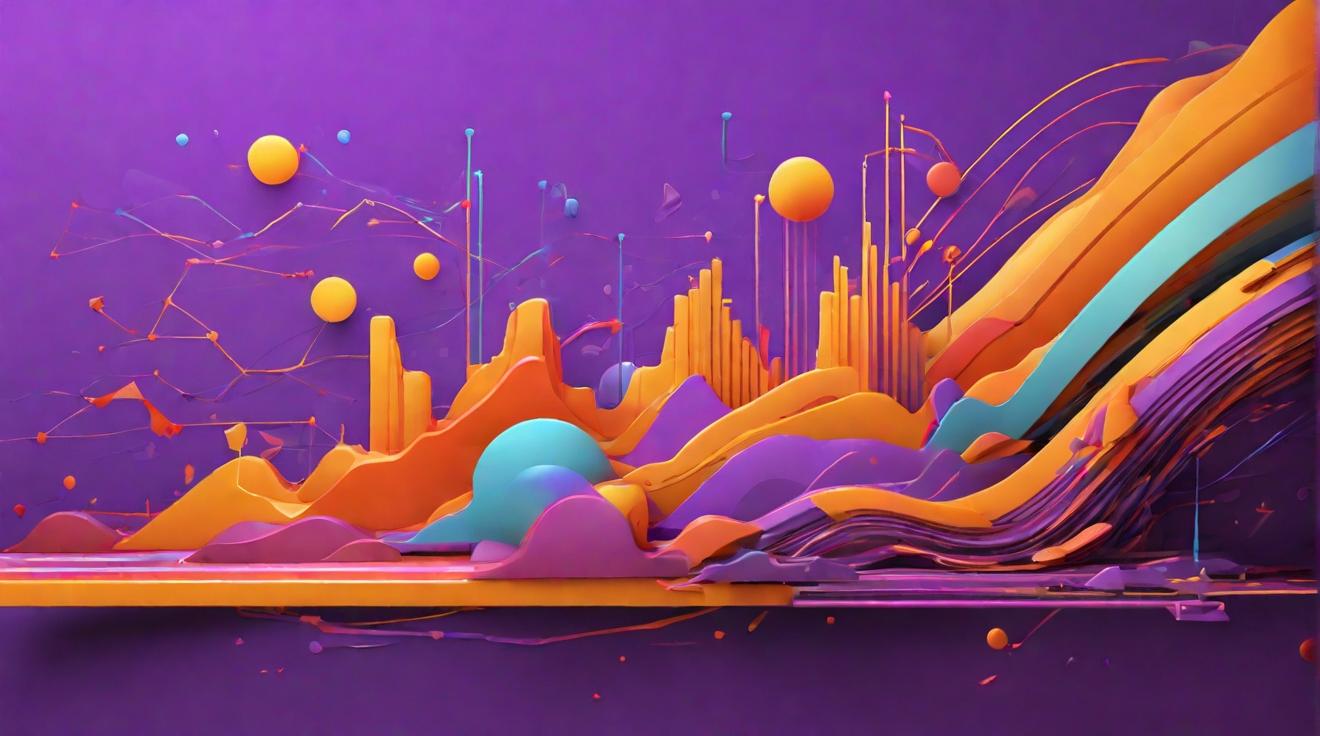Stanford's AI Index Report Highlights Sweeping AI Performance Gains
The revered Stanford University Institute for Human-Centered Artificial Intelligence (HAI) recently unveiled its latest AI Index report, marking a significant year with the seventh annual edition. This year's report, a collaborative effort among leading academic and industrial experts, has expanded its scope considerably to document the rapid evolution of AI technology and its extensive integration into our daily lives.
A notable highlight from the comprehensive study emphasizes AI's advancements over human capabilities across several benchmarks. This progression illustrates AI's dominance, starting from surpassing human proficiency in image classification in 2015, to overtaking abilities in basic reading comprehension, visual reasoning, and natural language inference by 2021. Such swift progress underscores the urgency for developing newer, more complex benchmarks to truly gauge AI's capabilities and identify realms where humans still hold an advantage.
AI's Challenge with Complex Cognitive Functions
Despite remarkable progress, 2023 observations underline AI's limitations with intricate tasks like advanced math problem-solving and visual commonsense reasoning (VCR). Yet, the term 'limitations' scarcely does justice to AI's achievements. With a remarkable leap, a GPT-4-based model demonstrated a solution rate of 84.3% on a dataset of 12,500 high-level math questions—a significant jump from just two years prior. For VCR, an ability that tests AI's use of commonsense in visual scenarios, there was a reported 7.93% improvement, underscoring the narrowing gap between AI capabilities and the human benchmark.
Moreover, AI's role in content generation across numerous professions came under scrutiny, revealing that large language models (LLMs), despite significant advancements, still grapple with accuracy and truthfulness. The report introduces the TruthfulQA benchmark, focusing on challenging LLMs with conceivably deceptive questions. GPT-4's performance on this benchmark notably outshone earlier models, highlighting the iterative improvement in rendering factual content.
Advancements in Text-to-Image Generation
The AI Index report also delves into text-to-image generation, showcasing the exponential progress in AI's creative capabilities. Benchmarking efforts like the Holistic Evaluation of Text-to-Image Models (HEIM) provided insights into this domain, revealing strengths and areas for improvement among various models like OpenAI's DALL-E 2 and the Stable Diffusion-based Dreamlike Photoreal model. These evaluations offer a glimpse into the future of AI-generated imagery, encompassing aspects from quality and aesthetics to originality, essential for real-world application.
Public Perception and the Ethical Paradigm
As AI continues to blur the lines between human and machine capabilities, public sentiments around AI's safety, trustworthiness, and ethics come into sharper focus. The AI Index report intricately explores the double-edged sword of technological advancement, prompting a broader dialogue on how societies navigate these transformative changes.
The trajectory of AI's evolution, well-captured in Stanford's AI Index report, paints a vivid picture of a future where technological boundaries are continually redefined. As AI systems approach human-like efficiency and creativity, the ongoing challenge will be crafting an equilibrium between harnessing AI's potential and maintaining ethical oversight. As we stand on the precipice of this new era, the discourse around AI's role in our lives promises to be both thrilling and contentious.
Analyst comment
Positive News: The Stanford University Institute for Human-Centered Artificial Intelligence (HAI) released its AI Index report, highlighting significant advancements in AI performance. AI has surpassed human capabilities in areas like image classification, reading comprehension, and natural language inference. However, it still faces challenges in complex tasks like advanced math problem-solving and visual commonsense reasoning. AI’s role in content generation and text-to-image generation has also been examined. The report emphasizes the need for ethical oversight as AI approaches human-like efficiency and creativity. The market for AI technology is expected to continue growing as more advanced benchmarks are developed and ethical considerations are addressed.













